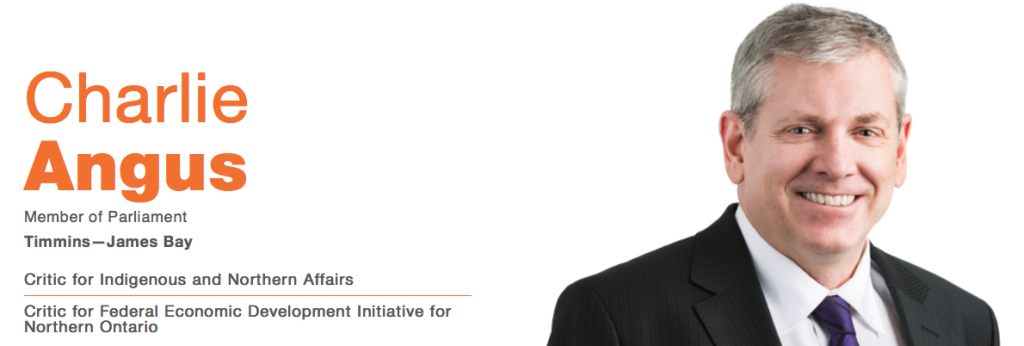
Moving towards integrative oncology as a system of cancer care
Over half of all people living with cancer use complementary medicine alongside standard treatments, such as surgery, chemotherapy and radiation therapy. The Ottawa Integrative Cancer Centre (OICC) harnesses the best of what complementary medicine has to offer providing this in conjunction with conventional cancer care, according to an approach known as integrative oncology. The OICC is committed to increasing the understanding of naturopathic medicine and acceptance of integrative oncology as a system of care. We aim to do this primarily by improving the quality of patients’ lives and in the conduct and dissemination of relevant research.
Integrative oncology uses the strengths of complementary medicine without compromising safety or effectiveness of conventional treatment. Complementary therapies provided at the right times can have a dramatic impact on patients’ ability to tolerate chemotherapy with reduced side effects. Integrative oncology is supported by evidence and most importantly, by the very real benefits achieved by those living with cancer.
A common misconception is that complementary medicine is not evidence-based. This could not be further from the truth. Over several decades there has been exponential growth in basic science and clinical research on complementary medicine, particularly in the field of oncology. The claim that complementary medicine is non-scientific is unfounded. Thankfully, many therapies once considered alternative, are now accepted as sound, credible and applicable.
A highly important question posed in this context is: what keeps the two disciplines of complementary from conventional medicine separate? One thought is that modern day conventional medicine is focused and reliant on high-tech devices and the use of patentable prescription drugs. Financial support for medical research does largely comes from the pharmaceutical industry and makers of medical devices. Some argue that we have lost touch with the human element so critical to health and healing. Fortunately, there is a growing understanding of the benefits of mind-body medicine but we still have a long way to go.
Another area of debate regarding the merits of complementary medicine is the issue of its cost and costeffectiveness. The public directly experiences the expense of feefor- service care when paying for complementary medicine. However, the astronomically larger cost of our Canadian health care system is hidden since it is lumped together with our taxes. The Canadian College of Naturopathic Medicine conducted a randomized trial exploring the cost effectiveness of naturopathic medicine in the prevention of cardiovascular disease. The study provided strong evidence for total societal savings of more than $1000 per person when naturopathic medicine was added to community-based care.
Complementary medicine has gained a large and growing following through its emphasis on individualized care that empowers patients to take greater control of their health. Therapies we have adopted at the OICC include naturopathic medicine, an inherently integrative approach to care that is grounded in: science, the wisdom of experience, and an emphasis on a person’s ability to heal through supporting internal resources.
Clinicians at the Centre are regulated health-care practitioners with experience and training in cancer care. We do not promote alternative care, rather, we are pushing for greater integration with the current model of care. We strive for closer collaboration with colleagues at the hospital and in the community, so that our patients will not feel torn between opposing realities and are truly supported in their choice, based on understanding and trust. Through outreach, education and research we are pushing for positive change and real integration.
Standard treatments including surgery, chemotherapy, radiation, hormonal and targeted therapies have powerful roles to play. However, integrative medicine offers real value and an evidence base of its own. During and after conventional treatment, complementary care provides support for the body’s innate immunity; reduces symptoms such as nausea, pain or fatigue; addresses key areas of mental and emotional health; empowers people to achieve improved quality of life; helps to prevent recurrence; and provides support for those coping with the prospect of dying.
The OICC aims to serve as a catalyst, shifting the health care system towards a more upstream approach to care that is proactive, effective, preventative and, truly integrated. Most important, we are demonstrating the ability to effect real positive change for those living with cancer. n
 Dugald Seely, ND, M.Sc., FABNO is the Founder & Executive Director of the OICCC. He is the Director of Research & Clinical Epidemiology at the Canadian College of Naturopathic Medicine and is an Affiliate Investigator with the Ottawa Hospital Research Institute
Dugald Seely, ND, M.Sc., FABNO is the Founder & Executive Director of the OICCC. He is the Director of Research & Clinical Epidemiology at the Canadian College of Naturopathic Medicine and is an Affiliate Investigator with the Ottawa Hospital Research Institute






